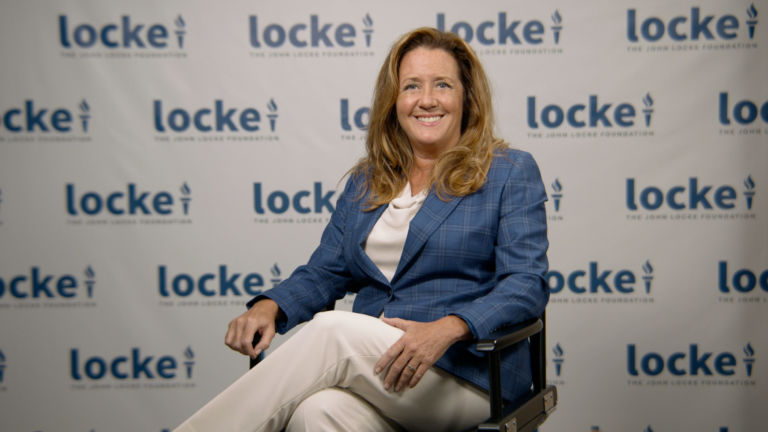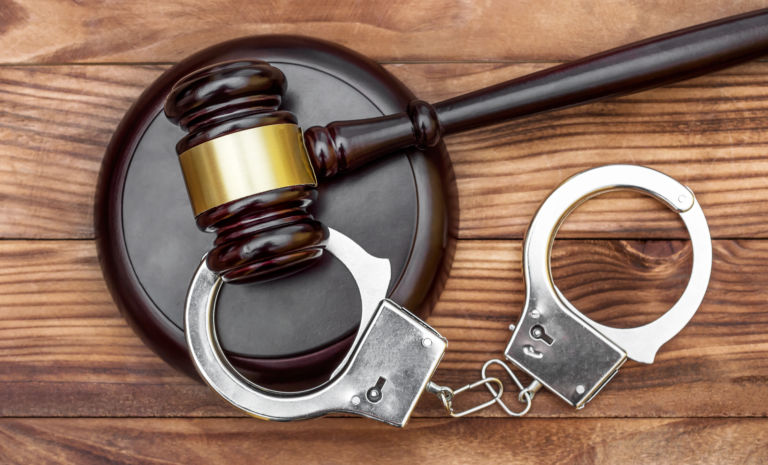Charles Fain Lehman of the Washington Free Beacon highlights new research that questions one critique of judicial elections.
Harsh sentencing may have less to do with judges’ responsiveness to “tough-on-crime” voters than commonly imagined, new research released Monday suggests.
Research from economists Christian Dippel (UCLA) and Michael Poyker (Columbia) looked at the way judges change their behavior in the lead up to elections using data from ten states. They found that judges seemed to grow more punitive around election-time in just three of the ten, a conclusion that flies in the face of previous findings and common wisdom.
Elected judges are a popular target of advocates of prison downsizing. They argue that ever-escalating “tough-on-crime” rhetoric in elections, combined with a bloodthirsty public, can lead to the seating of needlessly punitive judges, who in turn drive mass incarceration.
This account suggests a theory of “electoral cycles” in judges’ behavior. As reelection draws near, judges should become more responsive to the voters’ desires, and, some fear, grow more punitive in an effort to show that they are appropriately tough. …
… Taking into account controls for sentencing disparities based on demographic factors about an offender, and looking both at a restricted set of serious crimes and the set of all sentences, the authors replicate the previous finding that electoral cycles have an effect on judges in Pennsylvania and Washington. They also find a third state, North Carolina, where the effect is apparent. But in the other seven states, they find no effect of a near election on punitiveness.


